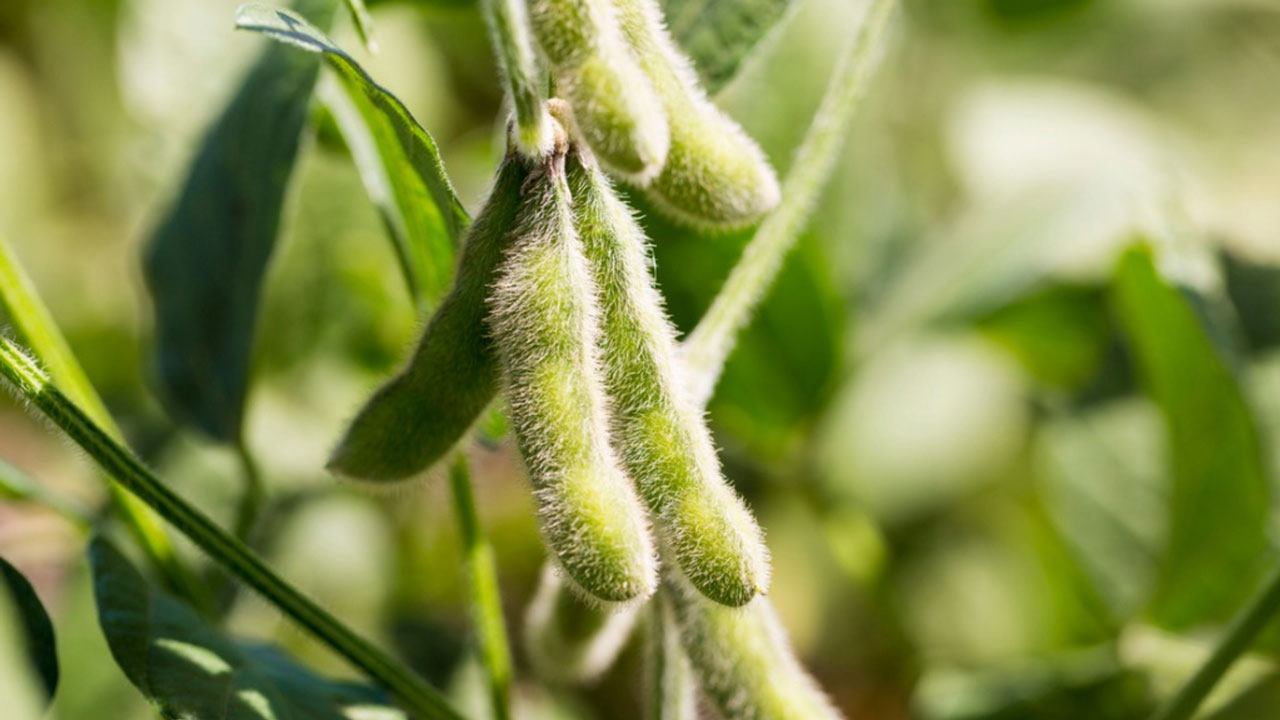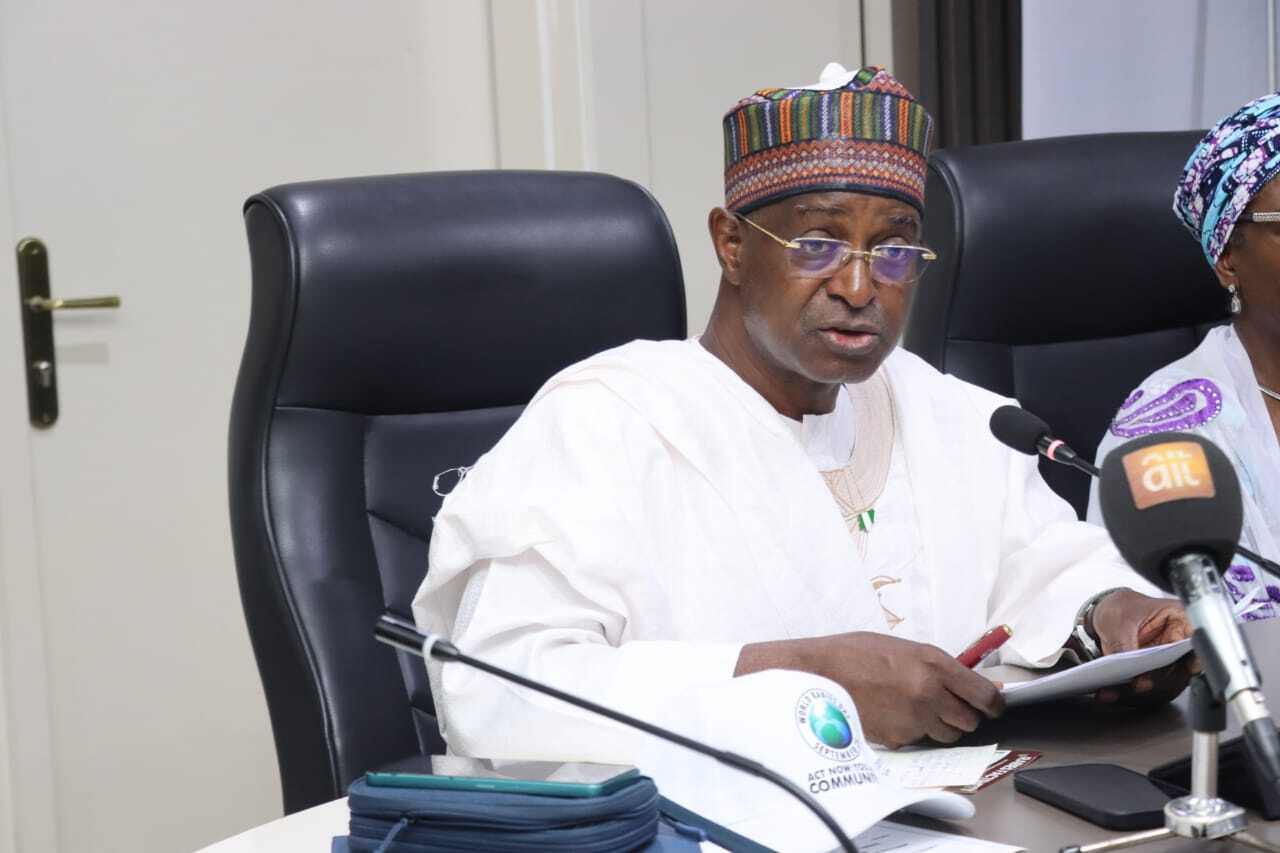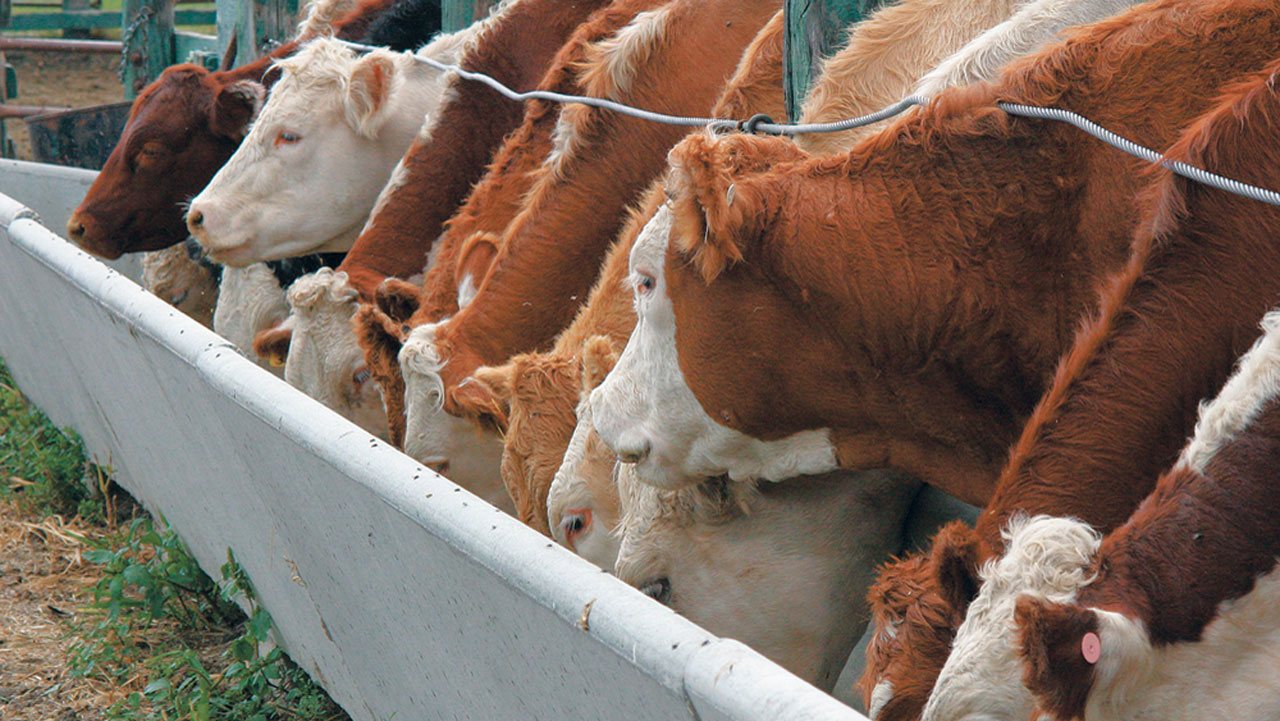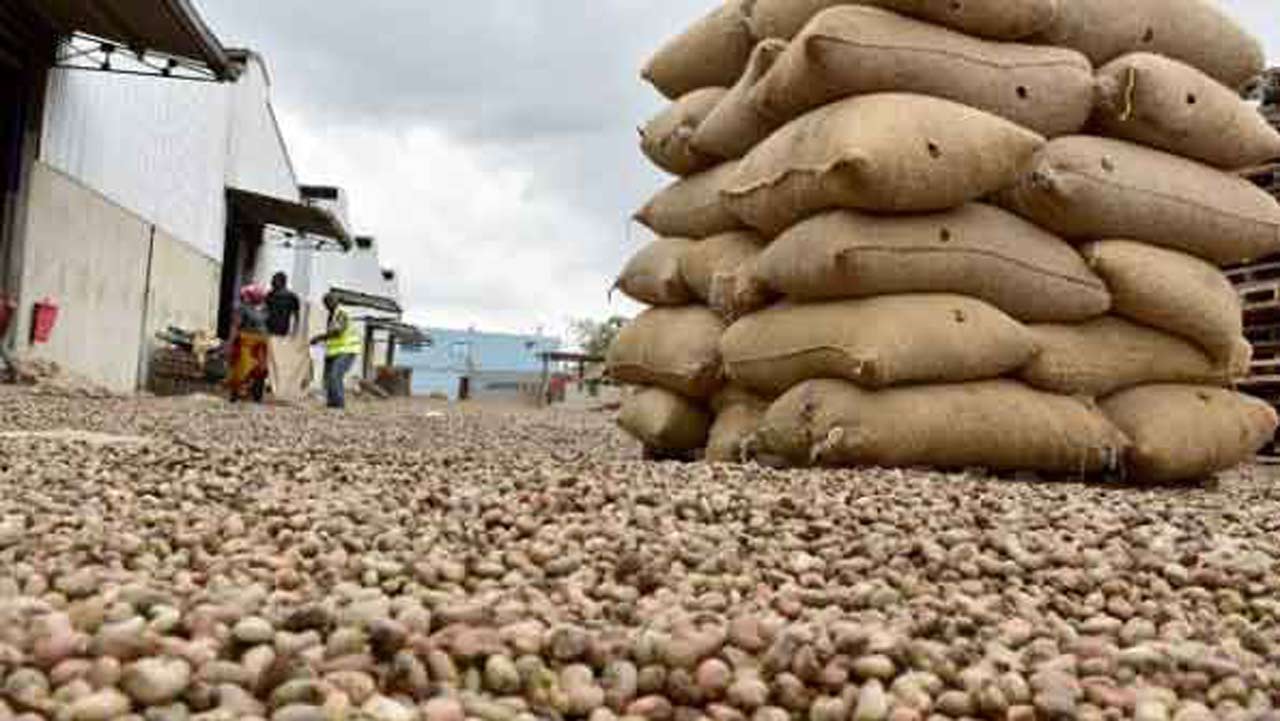
• Govt Should Ban Exportation Of Soya — Akpa
• High Stake Over Human Consumption, Industrial Use — Abdu
• Soybean Price Will Continue To Increase — Farmer
The Poultry industry is currently in dire straits, forcing many farms and hatcheries to go underground. Those still operating are either struggling to remain in business at zero profit or incurring huge debts to stay afloat.
High cost of poultry feeds has been identified as the main factor crippling the poultry sector, as shortage of soybean; a major ingredient used in poultry feeds hits the country.
The price hike of this produce has been linked to shortage of maize, majorly due to the ban placed on its importation. According to experts, soybean is completely not available in the country today. Its supply has fallen steeply in recent months, due to insecurity that has put farmers off work last year, COVID-19 disruption, weather changes, and challenges with importation.
In the last few weeks, a ton of soybean, which goes for N130, 000 last year, has risen to N310, 000 per ton, just as a 100kg bag now N24, 000 from N12, 000.
This development has taken prices of poultry products to their highest levels ever. A kilogram of chicken that previously sold for N800 now sells for N2, 000, while a crate of egg that sold for N700 now sells for between N1, 500 and N1, 600.
For now, the demand for the produce has far outweighed supply, due to its increasing usage as raw material in livestock feed, industrial use and human consumption.
Experts claim soybean provides inexpensive and high quality source of protein comparable to meat, poultry and eggs, hence its high demand, which cannot be met locally due to low yield.
The United States Department of Agriculture (USDA) predicts that demand for imported soybean will increase in the country, as output growth is not expected to meet demand.
Director General of the Poultry Association of Nigeria (PAN), Mr. Onallo Akpa, who lamented that the price of soybean has increased with over 100 to 120 per cent, said of the 900,000MT of soybean produced according to Soybean Farmers Association, about 40 to 50 per cent are exported to other countries, either in seed or as soya milk.
“We are laying emphasis on maize because it’s almost 50 per cent of input for poultry feeds, what about soya that takes almost 25 per cent, soya is completely not available in this country today.
“What we are producing is not enough for national food security and we still export. Export to get what? What extent of foreign exchange does it earn you? Government should immediately ban exportation of soya, either in seed or in milk because the totality of the industry is being threatened,” he said.
Akpa raised the alarm that if the poultry industry could shutdown because of the development, human nutrition and food security of the country will be jeopardised.
“The policy of restricting allocation for forex for maize and soya to me is to encourage local production, which is good for all of us, but on the other side, it is not only the poultry industry that is affected, human nutritionist sector is greatly affected and even the poultry and it could make them to shutdown.
“The effect is not the way it should be now because we are still in the periphery of harvest, some people could still lay their hands on residues from their farms but soon the devastating effect is going to be so much on the family nutrition, even more than the poultry industry. If we are talking of the poultry industry that needs 1.2m MT of soya yearly, what about the industries, what about other users of soya.”
The DG advised government to ban the export of soya seed and soya milk, noting that it is putting more stress on the soya supply system. “Although the production is not much, but if it is not being exported out of the country, we will manage it. Secondly, government should graciously approve importation of 1.5m MT of soya with incentive of a duty waiver, to salvage the poultry industry.”
A soybean farmer based in Mokwa, Niger State said the price of the produce would continue to increase as many of his colleagues recorded huge losses last year due to poor rainfall.
He added that the effect of COVID-19 pandemic lockdown and incessant attacks on farmlands by herdsmen negatively impacted activities of farmers, adding that the few farmers that recorded good harvest are selling their produce at high rate.
The National President, Soybean Farmers Association of Nigeria, Nafiu Abdu, who told The Guardian that the price hike is not exclusive to soybean alone as price of other commodities have gone up, said the problem can be attributed to the inability of farmers to meet the market demand.
He said: “Our farmers encountered series of challenges throughout the planting season, especially last year. Last year, majority of our farmers lost their harvests. Inconsistent government policy is another factor.
“The government promised to assist farmers through the Anchor Borrowers Programme, but it was a failure. So, most farmers did not go to the farm. The little that is available is hoarded by people who are thinking of making more money from this.
“Poultry farmers depended heavily on soybean and that is one of the reasons why it is expensive now because there is competition between human consumption and those in the poultry industry.”
To address the current problem, Abdu advised government to invest heavily in local farmers, noting that it is only local farmers that can cultivate extensively to meet the country’s rising food demand. He added that if farmers could be provided an acre to cultivate each, it would drastically reduce the problem of food scarcity in the country.






